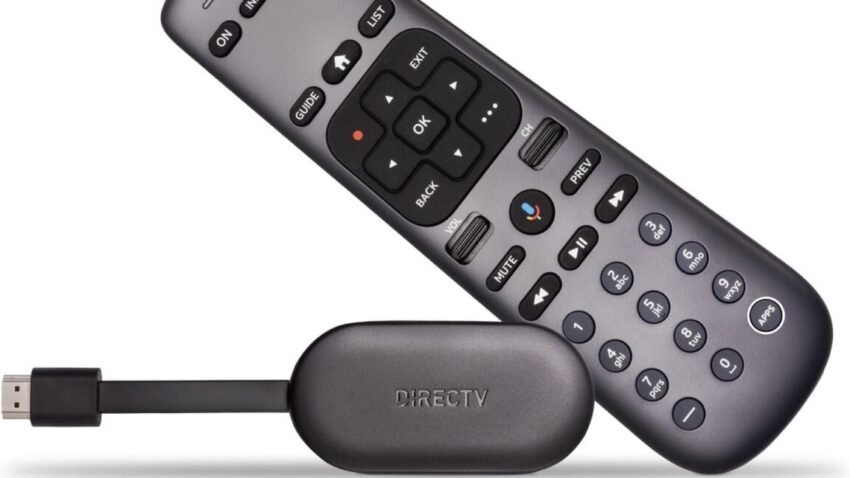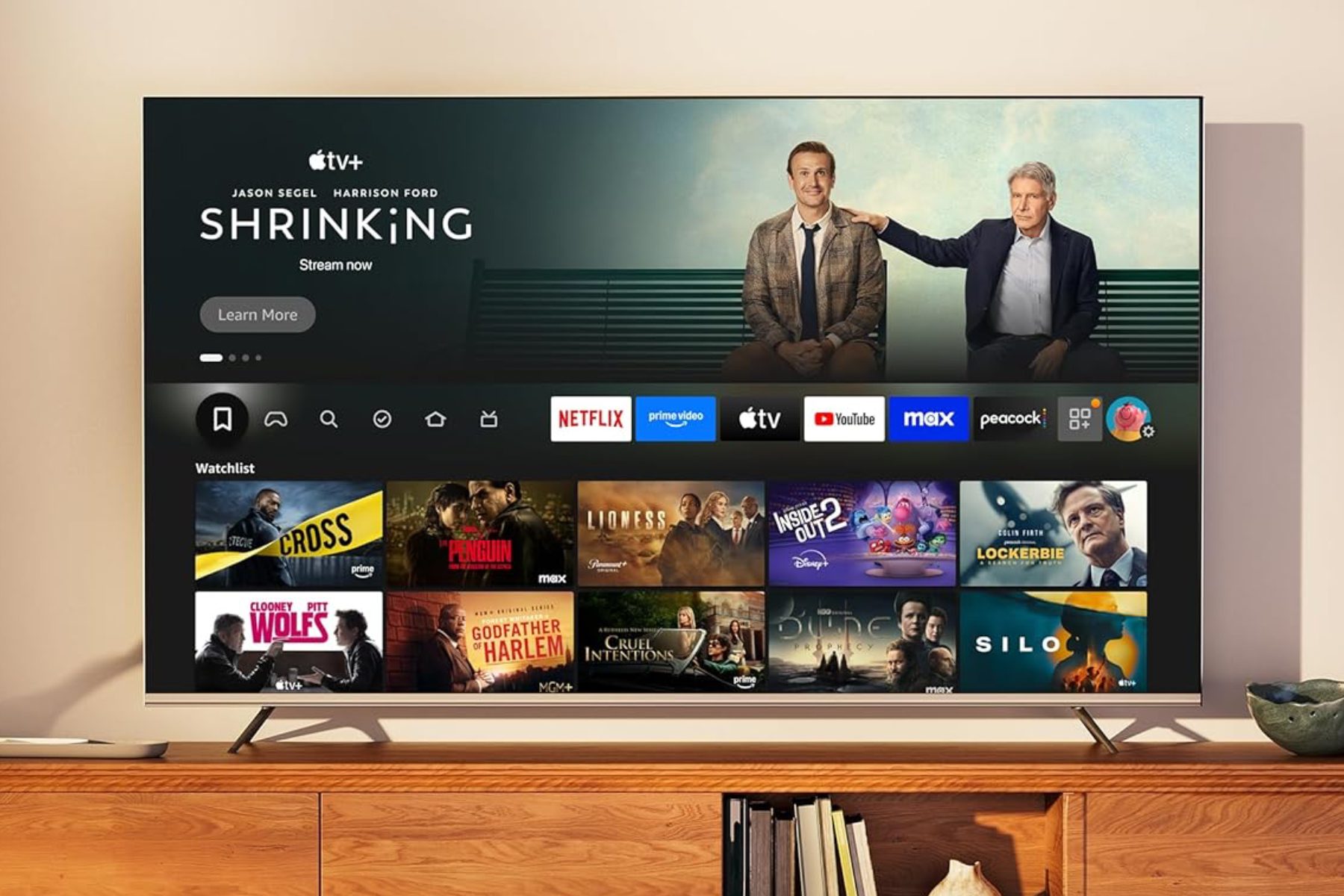
directv screensavers will show ai-generated ads with DirecTV is set to introduce AI-generated advertisements featuring users’ faces on its streaming devices’ screensavers starting in early 2026, a move that raises questions about privacy and user engagement.
directv screensavers will show ai-generated ads with
Overview of DirecTV’s New Initiative
DirecTV, a prominent player in the satellite television market, has faced increasing challenges in retaining its customer base amid fierce competition from streaming services. In a bid to innovate and enhance user engagement, the company has partnered with Glance, an advertising technology firm, to introduce AI-generated screensaver ads on its Gemini streaming devices. This initiative is expected to roll out in early 2026, marking a significant shift in how advertisements are delivered to viewers.
Details of the Gemini Streaming Devices
DirecTV’s Gemini lineup includes two main devices: the Gemini Air and a traditional set-top box. The Gemini Air is a compact, Android TV-powered USB device that allows users to access live TV channels and various streaming applications. One of its key features is that it does not require a DirecTV satellite connection, making it accessible to a broader audience. DirecTV has been distributing the Gemini Air to all of its internet customers since its launch in 2023.
The second device, the Gemini set-top box, connects directly to DirecTV’s satellite services. This dual approach allows DirecTV to cater to both traditional satellite subscribers and those who prefer streaming options, thereby expanding its market reach.
Transition to AI-Generated Content
The partnership with Glance signifies a notable transition for DirecTV, as it moves away from traditional advertising methods. Currently, the screensavers on Gemini devices display Google wallpapers by default. However, with the introduction of AI-generated content, the screensavers will transform into a platform for targeted advertising.
How the New Screensavers Will Function
According to the announcement, when a Gemini device is idle for ten minutes, the screensaver will activate and display AI-generated advertisements. These ads are designed to be more personalized, potentially featuring the faces of users, which raises significant implications for privacy and user consent.
The use of AI in advertising is not entirely new, but DirecTV’s approach to integrate user likenesses into these ads is particularly innovative—and controversial. The technology behind this initiative will likely involve advanced algorithms that analyze user data to create tailored advertisements, thereby enhancing engagement and effectiveness.
Implications for Privacy and User Experience
The introduction of AI-generated ads featuring users’ faces raises critical questions about privacy. Users may not be fully aware of how their likenesses will be used or whether they have consented to such practices. This could lead to significant backlash from consumers who are increasingly concerned about data privacy and the ethical implications of AI technology.
Consumer Reactions and Concerns
Initial reactions from consumers and industry experts suggest a mix of curiosity and apprehension. Many users may appreciate the novelty of personalized ads, but concerns about privacy and data security are likely to dominate discussions. The idea of seeing one’s face in an advertisement could be perceived as intrusive, prompting users to reconsider their engagement with DirecTV’s services.
Moreover, the effectiveness of such personalized ads remains to be seen. While AI can enhance targeting capabilities, the actual impact on consumer behavior is uncertain. Advertisers must tread carefully to balance personalization with user comfort, ensuring that the ads do not become a source of annoyance or discomfort.
Market Context and Competitive Landscape
DirecTV’s decision to implement AI-generated ads comes at a time when the streaming market is more competitive than ever. With the rise of platforms like Netflix, Hulu, and Disney+, traditional cable and satellite providers are feeling the pressure to innovate. The introduction of AI technology into advertising is one way DirecTV aims to differentiate itself from competitors.
Comparative Analysis with Other Streaming Services
Other streaming services have also begun experimenting with personalized advertising. For instance, platforms like Hulu and Peacock offer ad-supported tiers that utilize viewer data to deliver targeted ads. However, these services have generally avoided using users’ likenesses in advertisements, focusing instead on behavioral data to tailor content.
DirecTV’s approach could set a precedent in the industry, potentially prompting other companies to explore similar strategies. However, the ethical implications of using AI to generate ads featuring users’ faces may lead to regulatory scrutiny and public backlash, which could hinder widespread adoption.
Future Prospects and Technological Advancements
The integration of AI in advertising is likely to evolve further as technology advances. As machine learning algorithms become more sophisticated, the potential for creating hyper-personalized content will increase. This could lead to a new era of advertising where consumers are presented with highly relevant content tailored to their preferences and behaviors.
Potential Benefits for Advertisers
For advertisers, the ability to utilize AI-generated content offers several advantages. Enhanced targeting capabilities can lead to improved conversion rates, as ads are more likely to resonate with viewers. Additionally, the use of AI can streamline the ad creation process, reducing costs and time associated with traditional advertising methods.
However, advertisers must also navigate the ethical landscape carefully. Transparency regarding data usage and user consent will be crucial in maintaining consumer trust. Companies that prioritize ethical advertising practices are likely to fare better in the long run, as consumers become more discerning about the brands they engage with.
Conclusion
DirecTV’s upcoming initiative to display AI-generated ads featuring users’ faces on its Gemini streaming devices marks a significant shift in the advertising landscape. While the potential for personalized content is enticing, the implications for privacy and user experience cannot be overlooked. As the streaming market continues to evolve, DirecTV’s approach may serve as a bellwether for the future of advertising in the digital age. Stakeholders, including consumers, advertisers, and regulatory bodies, will need to engage in ongoing discussions about the ethical considerations surrounding AI technology and its application in advertising.
Source: Original report
Was this helpful?
Last Modified: October 15, 2025 at 1:35 am
1 views















